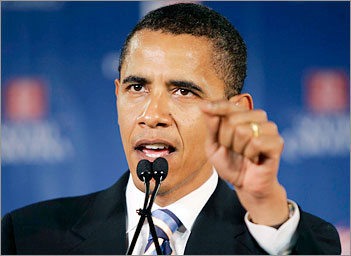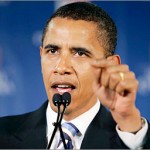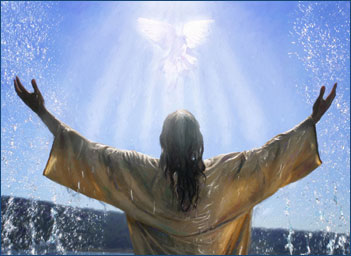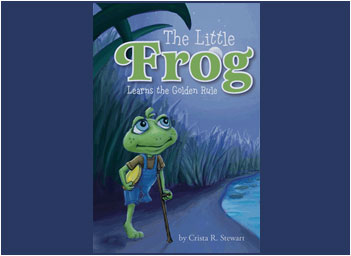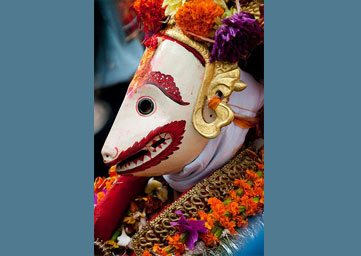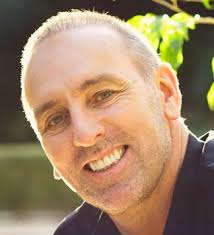WHO is the most influential Christian leader in the United States? The results of a new study show that no individual overwhelmingly stands out, and Americans are divided over the answer.
According to a study released by Barna Group on Monday, 41 percent of American adults were unable to identify who they believe to be the most influential Christian leader in our nation today. The most mentioned individual was evangelist Billy Graham, who was named by 19 percent of adults. It was also found that Graham’s name was more likely to be mentioned by the elderly – ages 66 and older – than by younger adults.
“Looking at the big picture, only a limited number of individuals come to mind when Americans consider leadership of Christians on a national scale,” said Lynn Hanacek, Barna Group vice president of research and project director. “However, bear in mind that a different type of measurement such as aided awareness, in which respondents are asked if they ever heard of a specific name, may have yielded different results.”
The study was conducted by asking individuals the question without giving them a list of options to choose from for their answer. This type of unaided survey is described as a “top-of-mind” survey, because the answer is not limited to a few names but could be any name that comes to the participant’s mind.
Pope Benedict XVI came in second in the results, with nine percent of those surveyed saying he is the most important Christian leader in the U.S., followed closely by President Barack Obama with eight percent.
Five percent of adults said Lakewood Church pastor Joel Osteen is most influential, while 2 percent each pointed to Charles Stanley or Joyce Meyer. Others who were named, but mentioned by only 1 percent of those surveyed, include Franklin Graham, T.D. Jakes, George W. Bush, Oprah Winfrey, Maya Angelou and James Dobson.
“There is an interesting but not surprising commonality among those top Christian leaders in this study,” said Hanacek. “All of them have a strong media presence – whether through their own active ministry efforts or through various types of media coverage.”
The study was conducted by surveying 1,007 adults located in the continental United States and, in addition to examining their responses, it also examined how their religious beliefs played a role in their responses.
Evangelical Christians, for example, were more likely to name Billy Graham, Joyce Meyer or Franklin Graham as most influential, while a majority of atheists, agnostics and those adults who believe in a non-Christian faith couldn’t pinpoint any one person as the most influential Christian leader. Thirty-one percent of Protestants had a tendency to name Billy Graham as that leader, while nearly the same number of Catholics, 32 percent, said that leader is the Pope.
Of those interviewed, no evangelical Christians consider President Obama, the Pope, former President Bush, Oprah, Maya Angelou, Charles Stanley or T.D. Jakes to be the most significant Christian leader.
A. Larry Ross, who has served as Billy Graham’s spokesman for over 30 years, spoke with The Christian Post on Monday and said he isn’t surprised that Graham’s name was mentioned most in the study.
“It’s not surprising when you consider he has been on the world stage, faithfully proclaiming the Gospel across the country and around the world, for more than six decades,” he said. Though the 93-year-old Graham ceased actively preaching about seven years ago, he released his 30th book, Nearing Home: Life, Faith, and Finishing Well, last month, and his influence is still strong today.
One reason Graham and other recognizable Christian leaders are important to the church in America, Ross suggested, is because they have the influence to help communities to better recognize and value their local churches. Christian Post
Know God | Who is Jesus Christ | How is Jesus Christ unique? | Who will be saved?



